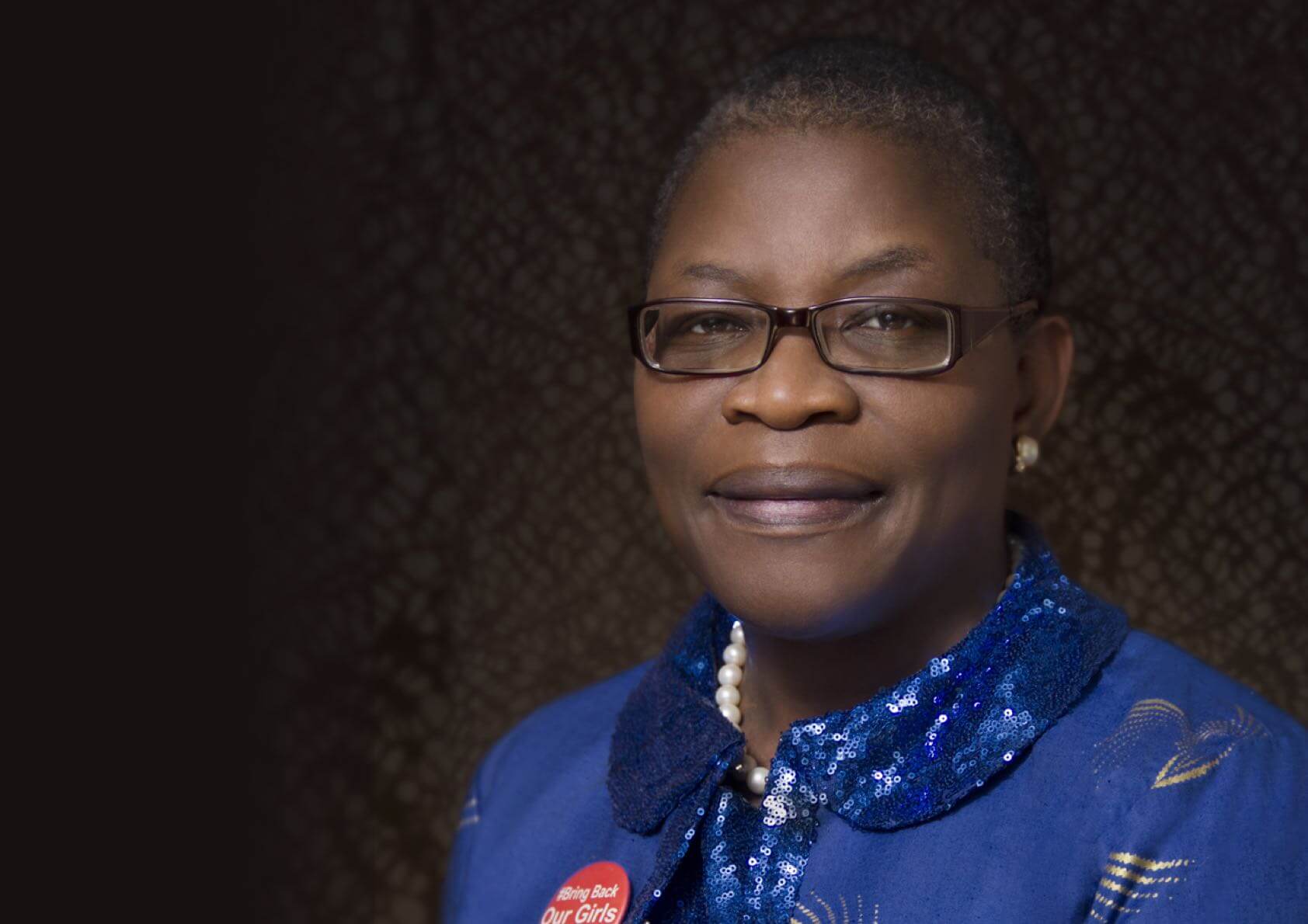Stakeholders have said that Nigeria’s electoral process is frustrating a lot of voters; they urged the Independent National Electoral Commission to leverage the new Electoral Act and bring more efficiency to simplify the electoral processes and ease the situation.
At the second edition of The FixPolitics Dialogues, themed ‘INEC’s Independence and the Future of Elections in Nigeria’ held recently, panellists urged INEC to leverage technology for efficiency and accuracy, make the process voter-friendly and encourage greater youth participation in elections.
Some of the panellists at the youth-led dialogue include the Co-founder of Yiaga Africa, Cynthia Mbamalu; Director/Co-founder of BudgIT, Oluseun Onigbinde; Legal Practitioner, Kamo Sende; Executive Director, OrderPaper.ng, Oke Epia; Executive Director, Dinidari Africa, Ndi Kato; and Mubarak Bello.
Guest speakers were Executive Director, Yiaga Africa, Samson Itodo and Executive Director, Enough is Enough, Yemi Adamolekun.
The dialogue also featured some special guests, including the United States Ambassador to Nigeria, Mary Beth Leonard; Deputy US Ambassador to Nigeria and Head of Mission, Kathleen FitzGibbon; British High Commissioner to Nigeria, Catriona Laing, CB (represented); and INEC Chairman,, Prof Mahmood Yakubu (represented).
Issues discussed include the need for INEC to improve on its performance in the management of elections, assert its independence and leverage technology to increase security and participation in the entire electoral process.
According to the panellists, the Act provides a suitable ground for INEC to perform better, even amid pressure from greedy politicians.
That charged INEC to invest more in voter education and help create citizen’s awareness of the new electoral law, adding, however, that the body needs greater financial autonomy to function maximally.
The Chairman of FixPolitics, Dr Obiageli Ezekwesili, said the dialogue was borne out of a research she conducted on ‘monopolistic democracy’.
In a monopolistic democracy, the democratic space is absolutely controlled by the political class or politicians at the detriment of the electorate and the entire political system, she explained.
This lopsidedness, Ezekwesili observed, has created an imbalance in the democratic space, stressing that her research shows that monopolistic democracy is worse than market monopoly.
She said, “Monopolistic democracy cannot correct itself because it lacks any incentive to yield its distortion of dominance control of the democratic space. Therefore, in the absence of an effective regulatory system and corrective mechanism that can cut the powers of the monopolistic political class in any democracy, a few citizens must step up to take responsibility and mobilise what we know as the ‘Office of the Citizen’ to structurally transform their political system.
“In the case of Nigeria and Africa, this culture of dominance pervades the entire democratic system to the marginalisation of other actors in the democratic.”
According to her, where there is distortion in the system, the regulatory side should take certain measures to correct it, as that is what is required in a market economy situation.
“Does it happen? My research shows that in most of Africa, it hardly happens,” she said. “Our democratisation process has not really started until we get the citizens to be at the centre of everything we do in our democracy. We have not started the journey!”
The Executive Director, FixPolitics, Anthony Ubani, called on the youth to stop agonising, but start organising.
“This is the time to be strategic, if we are going to change anything. We need to go out and get registered and get our PVCs. We need to go out and help five other people to also get registered and get their PVCs and, if possible, get each of these five people to also get another five people to get registered and get their PVCs. Voters should follow the campaigns. That is the only way to identify those politicians and political actors whose views best represent or speak to the issues that are important to you,” Ubani said.
On her part, Mbamalu urged young people to understand and follow the whole processes of election right before the primaries.
“If you do not register to vote, you cannot vote. If you do not have your PVC, you cannot vote. We cannot limit our participation to social media; we have to go back to the communities. We need to build this democracy through hard work, determination, resilience and patience.”
For Epia, with the new Act in place, there is need for INEC to prepare adequately ahead of the next general election.
He queried, “Is the independence of INEC real, imagined or something we can keep working at, especially as we approach the next general elections?”
Get real time update about this post categories directly on your device, subscribe now.



